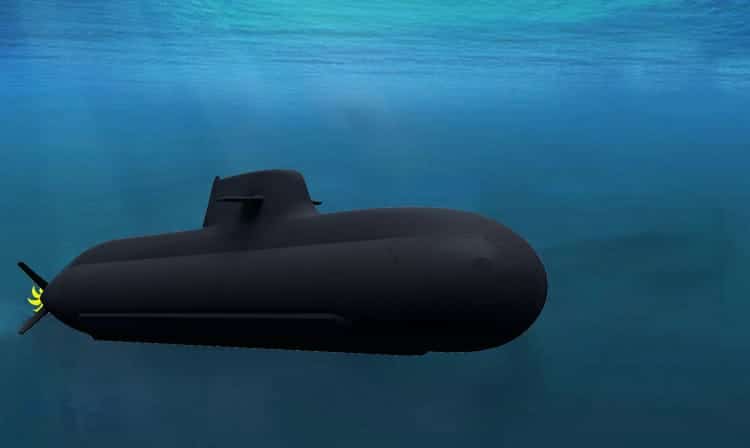Two major shipbuilding companies — Fincantieri from Italy and Thyssenkrupp Marine Systems (TKMS) from Germany — have come together to help the Philippine Navy get new submarines.
A New Submarine Plan for the Philippines
These two companies have signed an important industrial cooperation agreement. Their goal is to provide the Philippines with U212 NFS submarines — an advanced class of submarines — that can help improve the country’s naval strength.
The submarines they are offering are called U212 NFS, a special type of diesel-electric submarine. These are not ordinary submarines. They are a new version of an older model called the Type 212A, which was first made by a German company named HDW in the late 1990s. TKMS now includes HDW.
The Italian Navy’s U212 NFS submarines are already being built by Fincantieri. So this is not a brand-new or untested design. Using this design, the Italian-German partnership hopes to construct submarines for the Philippines as well. The submarines are planned to be strong, quiet, and almost impossible to detect under the sea.
According to TKMS, these submarines will use non-magnetic steel, which helps them stay hidden from underwater sensors. They will also have stealth technology that reduces sound, light, and even magnetic signals. This means the submarines can operate secretly and safely, which is important for defense and patrol missions.
Building More Than Just Submarines
The partnership between Fincantieri and TKMS is not only about selling submarines. It also includes plans to improve local shipbuilding infrastructure in the Philippines. That means some parts of the submarines could be built or assembled locally, creating more jobs and helping the country build its own naval skills.
Both companies have said they want to work closely with Filipino engineers, workers, and naval officers. This cooperation could help the Philippines maintain the submarines over time and understand how to use them in the best possible way.
Oliver Burkhard, the CEO of TKMS, said this project builds on the earlier work between Germany and Italy during their own submarine programs. He believes this agreement sets a strong foundation for more projects in the underwater field.
Belgium Breaks Ranks — F-35s Fly to Italy, Not Texas
By teaming up, Fincantieri and TKMS are combining their experience and resources. Fincantieri brings shipbuilding expertise from the Italian side, while TKMS provides advanced submarine technology from the German side. Together, they hope to offer a high-quality product that meets international safety and performance standards.
The U212 NFS model is designed to meet the “most stringent rules and requirements,” according to TKMS. This means the submarines are made to be very safe, reliable, and effective in missions. They include special features that allow them to stay underwater for a long time without being detected.
What Makes the U212 NFS Special?
The U212 NFS submarines are diesel-electric, meaning they use diesel engines on the surface and switch to electric power underwater. This makes them very quiet, which is important for military missions. They’re built with non-magnetic steel and special materials, making them hard to detect by radar and sonar.
These submarines are light but strong, allowing them to move fast and silently in deep water. They also come with modern navigation, communication systems, and tools to detect underwater threats. Despite being compact, they’re designed for long missions with full crew safety and comfort.
Alarming Russian Drone Espionage Targets Italy’s Defense and Research Facilities
One standout feature is their low acoustic signature — the engines make very little noise, making them hard to hear even with special listening equipment. TKMS will supply the key technologies, bringing experience from building submarines for countries like Germany and Norway.
The U212 NFS represents the next generation of submarines with better safety, materials, and design. The Italian-German partnership hopes this offer will help the Philippine Navy strengthen its ability to protect its waters and perform advanced missions.

